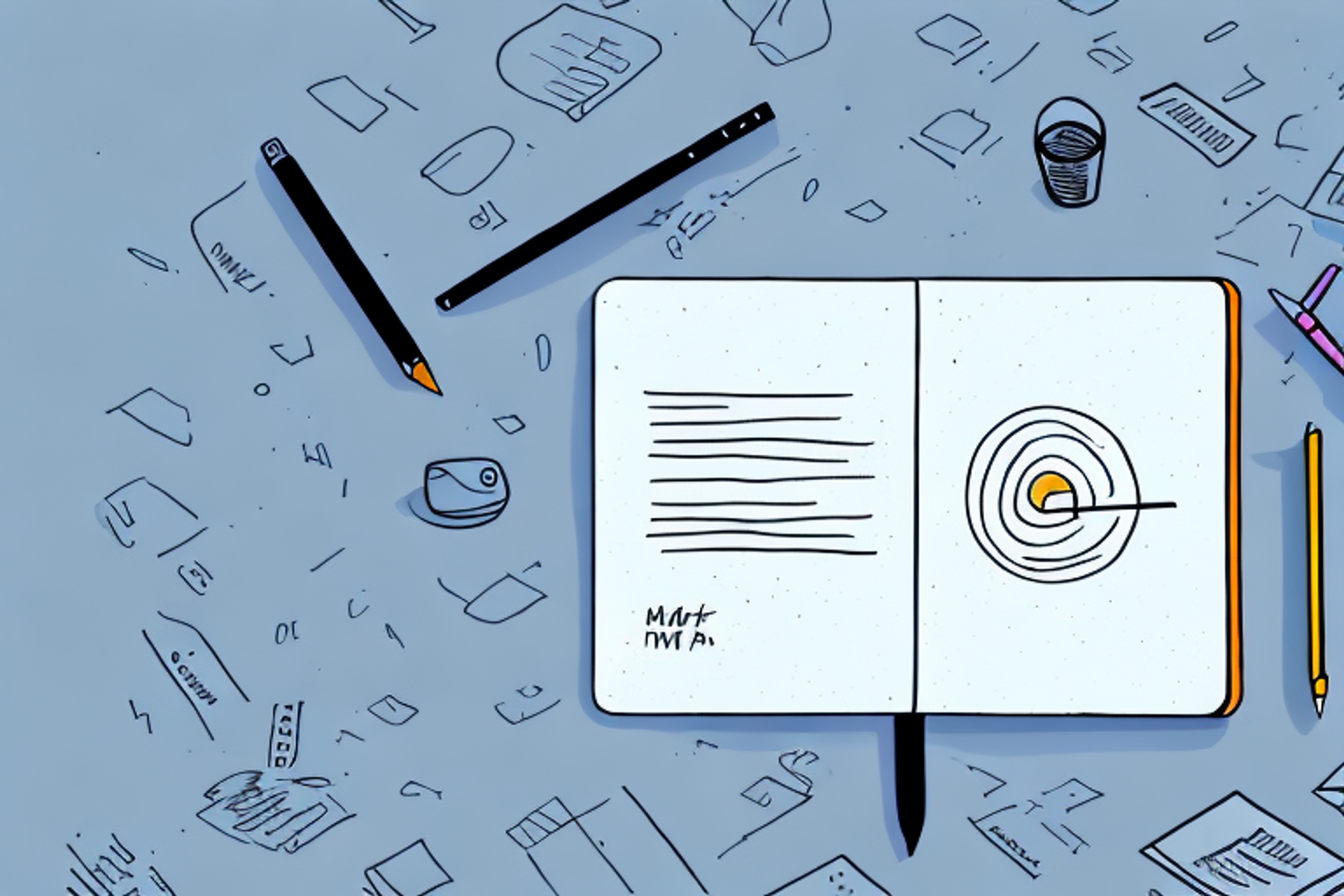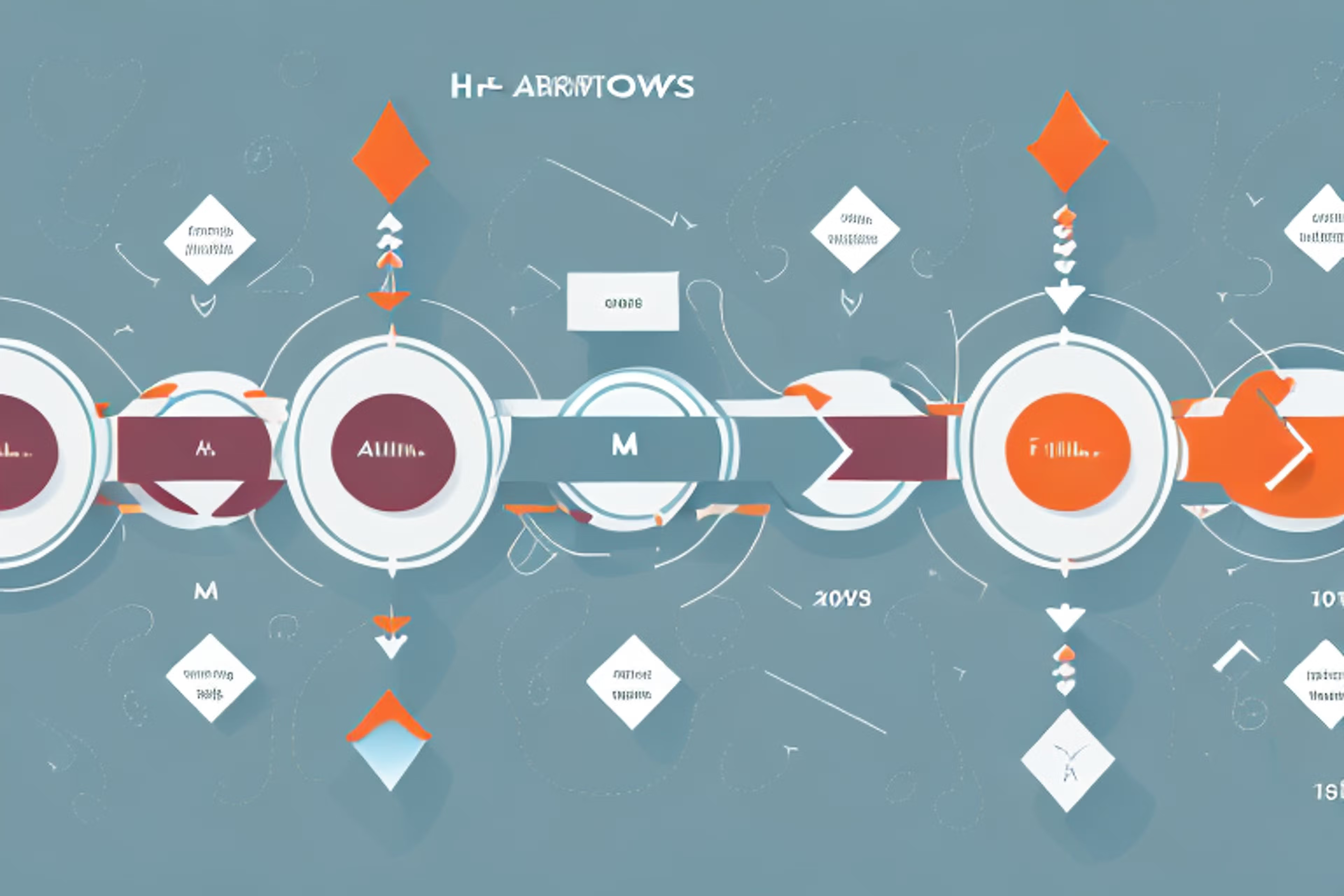Information Interview Questions and Answers: A Comprehensive Guide
Looking to ace your next information interview? Our comprehensive guide provides you with a list of the most common information interview questions and expert answers to help you prepare and impress your potential employer.
Posted April 10, 2025

Stay in the loop. Go places.
Join 100,000+ others and receive free resources, exclusive event invites, and personalized support to reach your goals.
Table of Contents
Are you a job seeker who is looking to make connections and learn more about a specific industry or job role? An informational interview could be exactly what you need. In this comprehensive guide, we’ll cover everything you need to know, from what an informational interview is and why it’s important, to how to conduct a successful interview and what to do afterwards. Keep reading to learn more!
What is an Informational Interview?
An informational interview is a meeting between a job seeker and someone who has experience in a particular industry or job role. The purpose of the interview is to gather information, ask questions, and gain insight into what it’s really like to work in a specific field.
During an informational interview, the job seeker can learn about the day-to-day responsibilities of the job, the skills and qualifications needed, and the potential career paths within the industry. This information can be invaluable in helping the job seeker make informed decisions about their career goals and job search strategies.
Additionally, informational interviews can also help job seekers expand their professional network and make connections within their desired industry. The person being interviewed may be able to provide referrals or introductions to other professionals who can offer further insights or job opportunities.
Why are Informational Interviews Important?
There are numerous benefits to conducting informational interviews. First and foremost, they provide an opportunity for you to learn from someone who has experience in your chosen career path. This can give you invaluable insights and help you make more informed decisions about your career. Additionally, informational interviews help you build your professional network and can potentially lead to job opportunities down the line.
Another important benefit of conducting informational interviews is that they can help you gain confidence and improve your communication skills. By speaking with professionals in your field, you can practice articulating your goals and interests, as well as asking thoughtful questions. This can be especially helpful if you are new to the job market or transitioning to a new career.
Preparing for an Informational Interview
Preparation is key to a successful informational interview. Before your meeting, read up on the company and the individual you’ll be speaking with. You should also prepare a list of questions to ask, tailored to the person’s experience and the industry you’re interested in. Finally, make sure you know how long the interview is supposed to last and have a plan for following up afterwards.
Another important aspect of preparing for an informational interview is to dress appropriately. While it may not be a formal job interview, it is still important to make a good impression. Dress in business casual attire, and make sure your appearance is neat and professional. Additionally, be sure to bring a copy of your resume and any other relevant materials, such as a portfolio or work samples, in case the interviewer requests them.
How to Request an Informational Interview
When requesting an informational interview, it’s important to be clear, concise, and professional. You can reach out through LinkedIn or another professional networking site, or you can email the person directly. Be sure to explain why you’re interested in speaking with them specifically and provide some context on your career aspirations.
It’s also important to do your research on the person you’re requesting an informational interview with. Look at their background, experience, and current role to understand how they may be able to help you. This will also help you tailor your questions and make the most of your time with them.
Remember that informational interviews are not job interviews. The goal is to learn more about the industry, company, or role you’re interested in and to make connections. Be respectful of the person’s time and keep the conversation focused on your goals and interests. Follow up with a thank you note or email to show your appreciation for their time and insights.
Tips for Conducting a Successful Informational Interview
During the interview, it’s important to be respectful of the person’s time and to ask thoughtful questions. Make sure you’re actively listening and taking notes, and don’t be afraid to ask follow-up questions or clarifications. If the person offers you advice or feedback, be gracious and thank them for their time.
Another important tip for conducting a successful informational interview is to do your research beforehand. Take the time to learn about the person you’ll be interviewing and their background, as well as the company or industry they work in. This will not only help you ask more informed questions, but it will also show the person that you’re genuinely interested in their work and value their time.
Commonly Asked Informational Interview Questions
Some questions you may want to ask during an informational interview include:
- What inspired you to pursue this career path?
- What has been the most rewarding part of your job?
- What has been the most challenging part of your job?
- What skills or qualities are most important for success in this role?
- What advice would you give to someone just starting out in this industry?
Another important question to ask during an informational interview is about the company culture. You can ask questions such as:
- What is the company culture like?
- How does the company support employee growth and development?
- What are some of the company's core values?
- How does the company foster collaboration and teamwork?
- What is the company's approach to work-life balance?
It's also important to ask about the industry trends and future outlook. You can ask questions such as:
- What are some of the current trends in the industry?
- How do you see the industry evolving in the next 5-10 years?
- What are some of the challenges facing the industry?
- What opportunities do you see for growth and innovation in the industry?
- How is the company positioning itself to stay competitive in the industry?
How to Answer Informational Interview Questions Effectively
When answering questions during an informational interview, be honest and specific. Use concrete examples from your own experience, and try to tie your answers back to the person’s own career journey. Be respectful and professional at all times.
It's also important to prepare for the informational interview by researching the person and their career path. This will help you ask thoughtful questions and show that you are genuinely interested in their experiences. Additionally, make sure to follow up with a thank-you note or email to express your gratitude for their time and insights.
Following Up After an Informational Interview
After the interview, be sure to follow up with a thank-you email or note. This is a great opportunity to reaffirm your interest in the industry and show your appreciation for the person’s time and insights. You can also use this email as a chance to ask any follow-up questions or to request further guidance.
In addition to sending a thank-you email, it’s important to keep in touch with the person you interviewed with. This can be done by connecting with them on LinkedIn or sending occasional updates on your career progress. By staying in touch, you can continue to build a relationship and potentially open up future opportunities.
Another way to follow up after an informational interview is to share any insights or knowledge you gained from the conversation. This can be done by writing a blog post or sharing on social media. Not only does this show your enthusiasm for the industry, but it also helps to establish yourself as a thought leader in the field.
Using the Knowledge Gained from an Informational Interview to Advance Your Career
After conducting an informational interview, take the time to reflect on what you learned. Use this new knowledge to inform your career decisions, and consider ways you can build upon the insights gained through the interview. Additionally, take advantage of any networking opportunities that may have come up through the interview.
One way to build upon the insights gained from an informational interview is to seek out additional resources related to the industry or career path discussed. This could include attending industry events, reading relevant publications, or even taking courses or workshops to further develop your skills and knowledge. By continuing to learn and grow in your field, you can position yourself for future career advancement opportunities.
Mistakes to Avoid during an Informational Interview
Some common mistakes to avoid during an informational interview include being unprepared, talking too much about yourself, asking inappropriate or overly personal questions, and failing to follow up afterwards.
Another mistake to avoid during an informational interview is being too pushy or aggressive. Remember, the purpose of an informational interview is to gather information and make connections, not to demand a job or internship on the spot. It's important to be respectful of the interviewee's time and not to overstep boundaries.
Additionally, it's important to avoid being too casual or informal during an informational interview. While it's important to build rapport and establish a connection with the interviewee, it's also important to maintain a level of professionalism. Avoid using slang or inappropriate language, and dress appropriately for the interview setting.
The Benefits of Networking through Informational Interviews
Networking is a crucial part of any job search, and informational interviews can be a powerful tool in building your network. Through these interviews, you can connect with professionals in your chosen industry, learn more about potential employers and job openings, and get advice and guidance from those who have been where you are now.
How to Leverage Social Media for Finding Informational Interviews
Social media can be a valuable tool for finding potential interviewees. LinkedIn is especially useful for this purpose, as you can search for professionals in your desired industry and reach out to them directly. Make sure to personalize your message and clearly explain why you’re interested in speaking with them.
Handling Difficult Questions in an Informational Interview
While most informational interviews will be fairly straightforward, there may be some difficult questions or topics that come up. If this happens, stay calm and professional. Avoid getting defensive or combative, and instead focus on listening and responding thoughtfully.
How to Build Professional Relationships through Informational Interviews
Finally, it’s important to remember that informational interviews are about more than just gaining information. They’re also an opportunity to build professional relationships and potentially open doors for future job opportunities. To build these relationships effectively, be respectful, professional, and engaged throughout the interview, and make sure to follow up afterwards.
By following the tips and advice outlined in this comprehensive guide, you can make the most out of your informational interview experiences and take meaningful steps towards advancing your career goals.




















